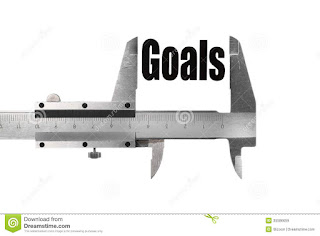From what we know about consumers, attitude towards and likability of a product or company is more important than most other selling points (like accessibility, reliability, safety, etc.)
Over the past week I saw such great honesty and transparency in PR communication, responding to and trying to prevent a company crisis, that I couldn't help but use them as an example in this weeks blog post.
Apple denied the FBI's request to create a skeleton key for all iPhone devices.
The people did not hear about this from the news, the FBI, the internet, a mole, or a liar who wanted attention. Consumers heard this straight from Apple in an open letter to all Apple customers, right on their home page.
First off, this letter in general is sort of unusual. Usually we hear from companies in general through their website or spokespeople, PR firms handling a situation, or we see a general press release. Apple decided to send this communication through a personal type letter written by none other than Tim Cook, the Chief Executive Officer at Apple.
This letter means everything, and I will explain why.
 |
| http://www.apple.com/ |
The letter started off with:
"A Message to Our Customers
The United States government has demanded that Apple take an unprecedented step which threatens the security of our customers. We oppose this order, which has implications far beyond the legal case at hand.
This moment calls for public discussion, and we want our customers and people around the country to understand what is at stake."
After reading the entire letter, Apple's stance was clear, if we let the FBI have their technology, all consumers phones could be hacked and that is not something that Apple was willing to do.
It was the beginning though, the call for public discussion and truth about the implications of future dangers, proved that we were hearing from a company that cares about its product and users. The details helping customers understand the importance of this proves that Apple doesn't want to hurt or lie to its users. These things are what makes customers trust a company, and loyal to a brand.
Second, the public response back to Apple was incredible. While there were some people who think that Apple could simply help the FBI, most people agreed with the decision to keep all customers safe rather than put them in danger to help take one person down.
This is because, most people just don't want to be lied to. At some point, the FBI and the law might force Apple to make this product, or Apple might cave, but because they are talking about it, being honest, and communicating, people do not feel like there is anything to worry about. People feel taken care of by Apple, simply because Apple got ahead of the game and was transparent, ultimately avoiding a crisis situation had any news broken any other way.
The point is, while Apple could never make every single person happy at once, they made a decision that they thought was best, addressed their customers and explained their position, stood up against one of the scariest organizations to have angry at you, and has not budged on their position since.
You go Apple. You go Tim.
Cook, T. (2016, February 16). Customer Letter - Apple. Retrieved February 19, 2016, from http://www.apple.com/customer-letter/
